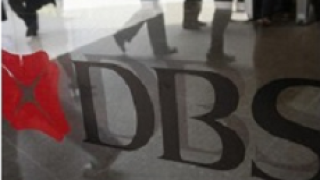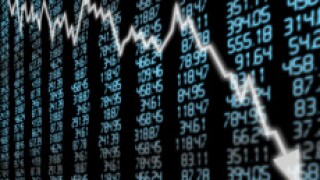Japan
-
Orlando Faulks has been appointed head of corporate finance for Japan at Deutsche Bank starting November, as Ken Kawashima plans to go back to his previous job.
-
Deutsche Bank has appointed Orlando Faulks as head of corporate finance for Japan starting November, when Ken Kawashima returns to his old position.
-
Nomura saw a Brexit-related bounce in its fixed income division when it reported its quarterly performance on Thursday, thanks to a healthy dispersion of client trading views. But the bank’s European operations still delivered an overall loss.
-
Singapore’s DBS Bank has made headlines for a series of high profile changes this week, including its decision to establish a securities business in Japan.
-
Société Générale has appointed new group country heads for Japan and Switzerland, according to a statement from the bank on Tuesday.
-
DBS is establishing a securities business in Japan to help investors grappling with the low interest environment in the country earn better returns in the rest of Asia.
-
Credit Suisse has appointed Masahito Shimada as director and head of equity capital markets and Yuhiko Yano as a managing director and head of corporate coverage in Japan.
-
Qatar's Commercial Bank has signed a $166m loan from a group of Asian lenders, mostly Japanese, extending a trend of Middle Eastern borrowers heading east for cash.
-
Softbank, the Japanese technology and telecoms group, has taken a ¥1tr ($9.5bn) loan for its £24bn acquisition of Arm Holdings, the UK firm which designs mobile phone chips. The loan could be syndicated to non-Japanese banks if the refinancing strategy requires it, said one senior banker.
-
In this round-up, Singapore Exchange reports strong trading of RMB currency futures, China’s RMB cross-border trade settlement jumps and sales under Mutual Recognition of Funds (MRF) pass Rmb2bn in May. Plus, a recap of GlobalRMB's coverage this week.
-
Big moves in credit, equity and foreign exchange markets this week were magnified by mass unwinding of previously popular trades as investors capitulated to a reversal of fortunes for Japan and European banks.
-
Simon Galvin has left Goldman Sachs to join Deutsche Bank as head of ECM syndicate Asia, filling a role left vacant since March, according to sources close to the move.











